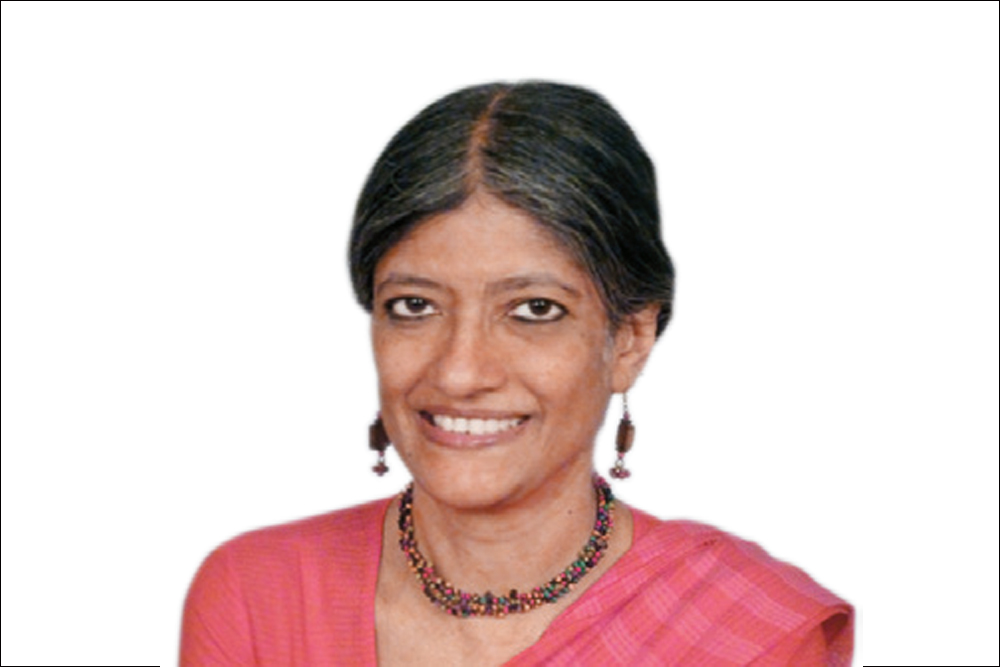First of all, there is typically a surge in economic activity because of the activities around campaigning, advertising and publicity, open meetings and mobilisation of voters. All these spending generates significant amount of direct employment. Such work may be temporary, but it nevertheless has relatively high multiplie effects, leading to more activity and more employment being created indirectly. Then there are the more problematic attempts to buy voters, through cash or other goodies—which may raise legal and ethical concerns, but also mean more spending, with more diverse effects.
Since spending before elections has increased in India, the aftermath have been correspondingly greater. The last general elections (2014) was the most expensive ever, with an estimated $5 billion being spent by the major parties, particularly the current ruling party, BJP. This was three times more than what was spent in the previous general elections in 2009, and made Indian balloting the second most expensive in the world, right after the US (with estimated spending of around $47 billion).
All indications are that, such heavy spending will also characterise the upcoming polls, as the BJP has once again shown that it is building up a massive war chest for precisely such spending. So a mini-boom in economic activity in the months leading up to the polls can be expected.
In the past, general elections also had a positive impact on the exchange rate. This is because money would flow in from abroad before the polls, to finance some of the spending. This would lead upward pressure on the currency, so that the rupee would appreciate just before the polls.
But things are more complicated nowadays. The most important is the one created by mobile cross-border capital flows, which affect the exchange rate, as well as valuations in asset markets inside the country like the stock market and bond market. Capital flows and asset markets respond to expectations, which means that what investors anticipate and how they choose to price that into their market activity is crucial.
For example, if opinion polls and other factors indicate a hung parliament or a coalition government it is very likely that there will be some capital flight out of the country. This would also be associated with decline in share prices and bond prices, since many of these are held at margin by volatile non-resident investors. This could counteract any positive effect on the money flowing in to finance the elections.
Such a scenario is made more likely by the fact that Indian macroeconomic “fundamentals” are currently weak. This is an economy in which real investment in productive activity has been declining for years now, and where employment growth is sluggish at best and in any case well below the needs of the burgeoning young labour force. It is an economy in which agriculture—that still employs around half the workforce—is struggling, which acts as a dampener to effective demand and creates major sectoral imbalances. Far too much income “growth” in the recent past has come from FIRE (finance, insurance and real estate) as well as government consumption spending, rather than from rapid and sustained expansion of other productive sectors.
In this rather dismal context, the recent feverish boom in the stock market suggests the formation of a speculative bubble that has to burst sooner or later. In addition, India is one of the emerging markets, so even a slight shift in expectations of some important investors could have a major impact, given the herd behaviour characteristic of such markets. It takes very little for a country to go from being the darling of international investors to a basket case, as is indicated by the ongoing capital flight in Turkey.
Of course, this need not happen—it depends on assessments of the political changes that may occur or are expected to occur because of the elections. But here is a clear example of how democracy and finance make unstable and unhappy bedfellows.
The author is a professor of Economics at Jawaharlal Nehru University

